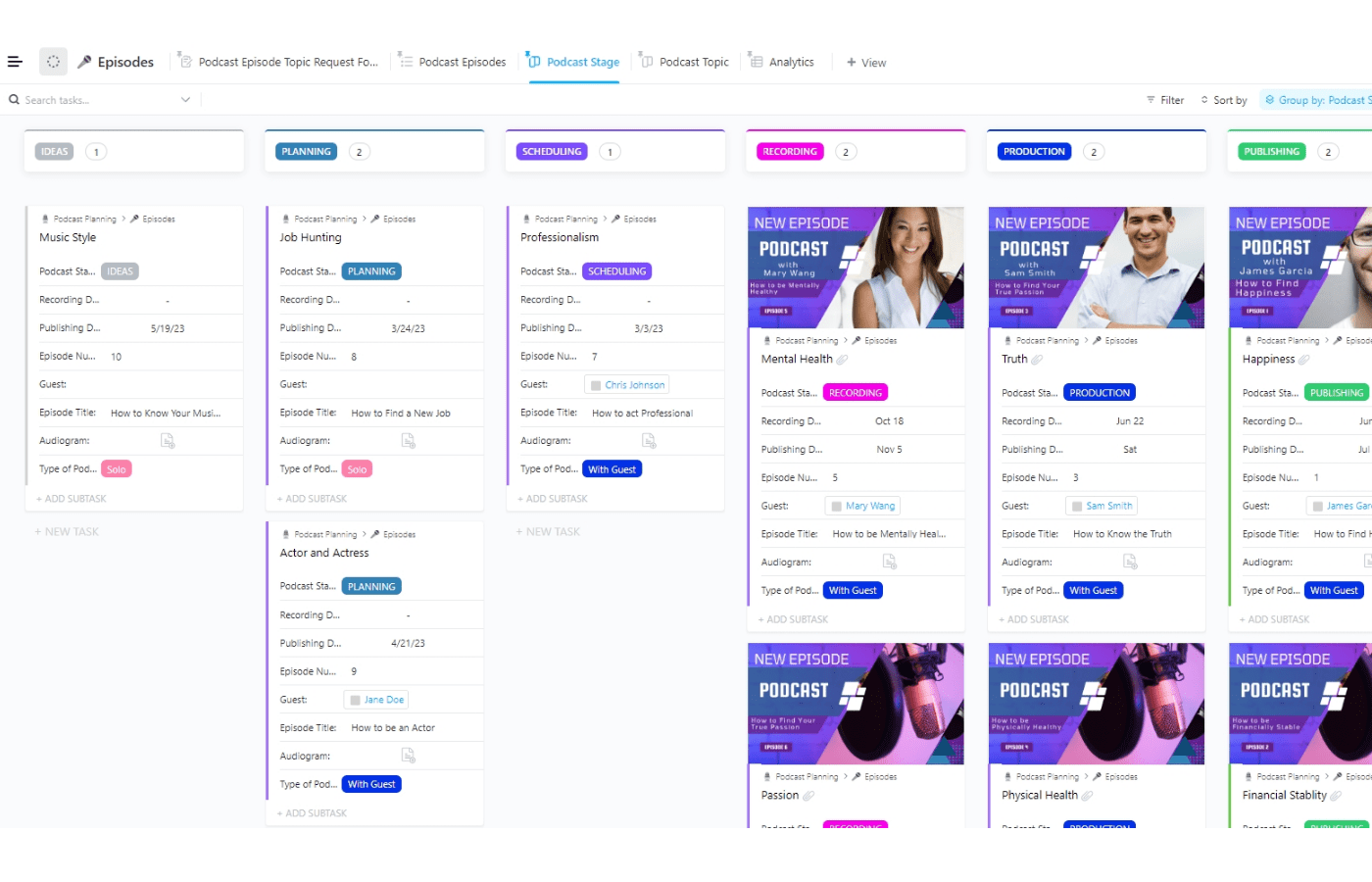The Project Management Professional (PMP) certification is an internationally recognized professional credential offered by the
Project Management Institute. It’s conferred upon completion of a rigorous, comprehensive test that proves your worthiness as a project manager. There are many reasons to take the time to add this credential to your resume, the only real question you have to ask yourself, is “what is the right time for me?”
How to get a PMP Certification
The final step toward earning your PMP certification is passing the 180-question multiple choice and fill-in-the-blank exam. The allotted time is 230 minutes with a brief break in the middle of the test should it be taken online. Questions will be a combination of multiple-choice, multiple responses, matching, hot area, and limited fill-in-the-blank. See prototype questions to learn more.
It is recommended that test takers have their
CAPM certification or at least a year in an associate project management position before taking this test. PMI also requires a minimum of 35 hours of project management education/training or a CAPM Certification before taking the test.
When Should You Get a PMP?
A PMP, similar to a CAPM is a certification used to further the career of a project manager. Aspiring project managers will want to obtain a PMP once they feel their entry or associate-level positions no longer suit their career aspirations. Typically, after a few years of working at the associate level, project managers will have obtained all of the experience and knowledge they possibly need to push their careers to the next level. A PMP is most useful to a professional looking to nail down a fully-fledged project management position, so if you catch wind that a project manager position is opening up in the near future, beginning PMP prep will often show you have the initiative and knowledge-base needed to put you ahead of the pack.
Young professionals that have work experience similar to project management, but have yet to hold a position in the field will want to obtain a PMP for themselves before making the transition to the project management world. Not only will the test prep and certification process benefit their employability generally, it will also specifically give them a leg up in the application process.
In the end, the decision to seek out a PMP certification is a personal one, but waiting until you are ready to
take on a project management role is an excellent rule of thumb.
What to Expect on the PMP Certification Test
The PMP Certification covers a broad range of necessary project management skills. If you have taken the CAPM then some of these will be familiar subjects. Working in the project management world will also give you a solid foundation on which to build your studies. That being said, make sure you understand:
-
- Project Integration Management: The coordination and implementation of all elements of a project, how to properly prioritize elements, and conflict management
- Project Scope Management: Understanding the budget, timeline, and available resources of a project, specifically with the intent to avoid scope creep
- Project Schedule Management: Creating and adhering to a schedule that will allow your team ample time to best direct their efforts toward completion of the project at hand
- Project Cost Management: Understanding every aspect of the potential costs of a project. Ensuring budgets for everything from sundries to building material and labor have been accounted for
- Project Quality Management: Assessing and adjusting the overall quality of products during the execution of a project. Understanding when to intervene and how to reorient when quality is subpar
- Project Resource Management: Quantifying, allocating, and tracking the available resources during project management. Understanding when and how to replace, substitute, or restock resources during the course of the project
- Project Communications Management: Managing communication between clients, employees, and any relevant third parties. Resolving logistical and interpersonal conflict should it arise
- Risk Management: Understanding the pros and cons of any risks that arise during the development of the project. Effectively quantifying and communicating any relevant risks, and when to avoid them if necessary.
- Project Procurement Management: The process of seeking out, retrieving, and processing any materials, services, or other relevant products necessary for the execution of the project
- Project Stakeholder Management: Communicating with and adequately meeting the needs of project stakeholders. Understanding when and how to resolve conflicts in a way that meets the stakeholder’s needs.
Preparing for the PMP Test
The PMP test is an extensive one. Despite the initially daunting nature of the test, PMI has made preparing for them a simple process. There are a wealth of available local and digital resources all over the world. There are three main methods of adequate PMP test preparation:
- Free online prep tests: Searching for and attempting to pass online PMP preparation tests is easily one of the most effective test preparation methods available. These tests are similar to the PMP test in length and content, and they will provide you with results as quickly as possible. This means you will immediately understand which areas of the PMP you are struggling with so that you can quickly and effectively patch over those knowledge gaps
- Study groups: Both official and unofficial PMP study groups provide potential certification candidates with a social environment to quickly build their PMP knowledge base. Studying with other PMP hopefuls is not only an effective study tool, it provides unique opportunities for networking with your local project management colleagues.
- Local certified classes: PMI certified classes are the single most reliable PMP test preparation resource. These classes are available in person or online. The PMP requires 35 hours of project management education/training or a CAPM Certification. If you have not obtained your CAPM certification, then ensure you secure a seat in a 35-hour PMP course before taking your test
The PMP certification is an indispensable credential to have on your wall. The certification process is one of the most efficient methods for building quality project management knowledgebase, and employers are always looking for qualified candidates that have gone above and beyond to obtain their credentials before applying for a position as rigorous and varied as project management.





